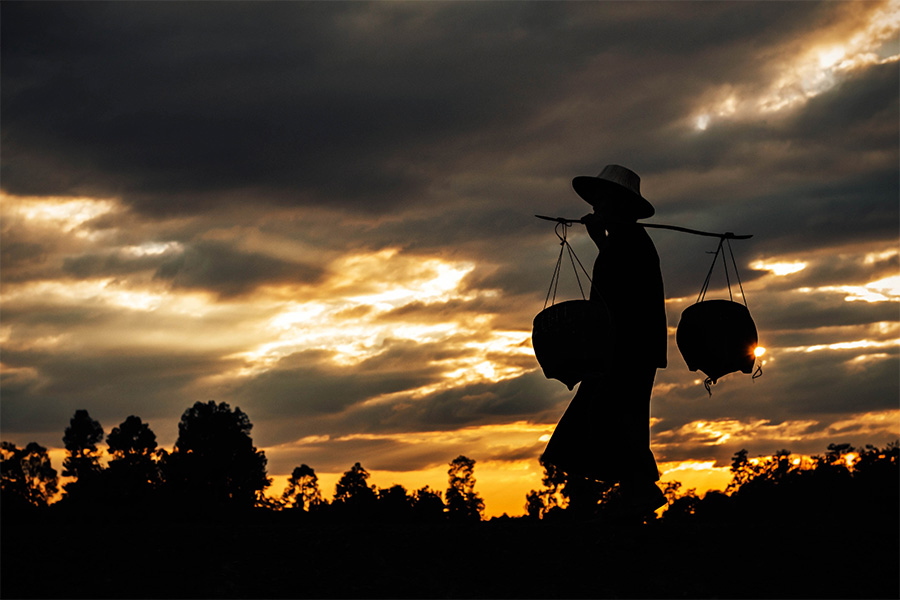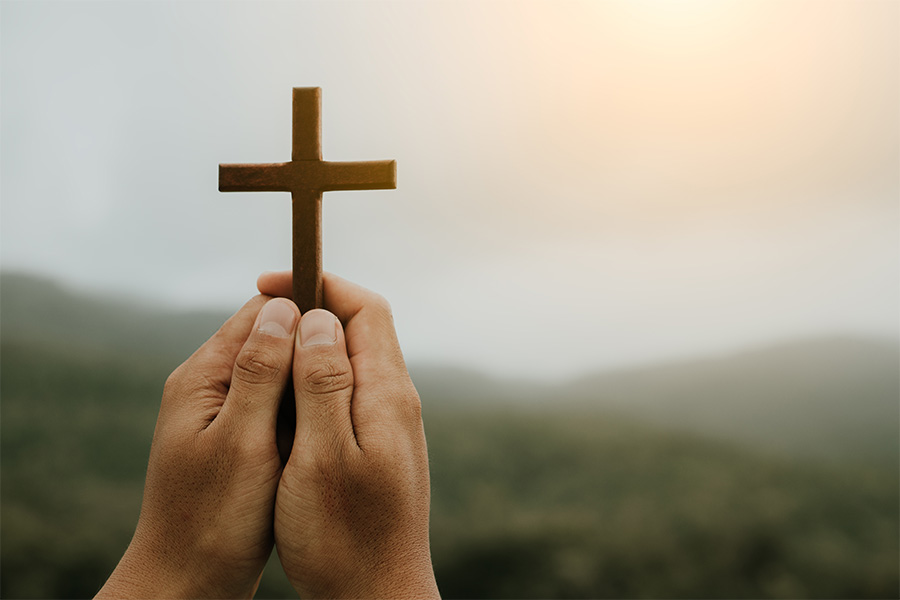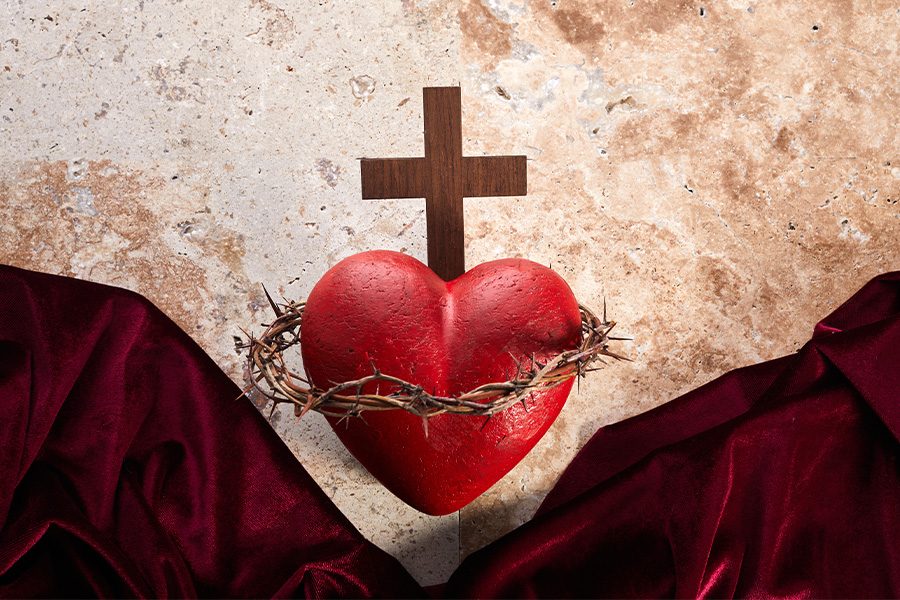
Servant Leadership: Understanding Authority Through Service
10-20-2024Weekly ReflectionIn this Sunday’s Gospel, we continue to read from the section of Mark’s Gospel that reports Jesus’ journey to Jerusalem. Last Sunday we heard Jesus lament the particular challenges those with many possessions face to enter the Kingdom of God.
READ MORE
The Call to Radical Discipleship
10-13-2024Weekly ReflectionToday we continue reading the Gospel of Mark from where we left off last Sunday. Last Sunday our Gospel told how Jesus was tested by the Pharisees about the requirements for divorce. Recall that these chapters come from the second part of Mark’s Gospel, which chronicles the beginning of Jesus’ journey to Jerusalem.
READ MORE
Divorce, Marriage, and the Value of Children
10-06-2024Weekly ReflectionToday we continue to read from the Gospel according to Mark. For the past three Sundays, we have been hearing Mark’s reports of conversations between Jesus and his disciples. Recall that in Mark’s Gospel, Jesus uses these private moments to teach his disciples in greater detail about the Kingdom of God.
READ MORE
Gospel of Mark
09-29-2024Weekly ReflectionToday we continue to read from the Gospel of Mark. Recall that last week we heard Jesus chastise his disciples for their argument about who among them was the greatest. Jesus taught them that the greatest among them will be those who serve the least ones. In today’s Gospel, the disciple John questions Jesus about an unknown exorcist who was driving out demons in Jesus’ name. John’s question might have been motivated by jealousy. Previously in Mark's Gospel, Jesus healed a boy whom the disciples had been unable to heal.
READ MORE
Becoming Great in Humility and Service
09-22-2024Weekly ReflectionFr. AruldossDear People of God,
First of all, I take this opportunity to thank all who came for the last weekend Masses and said ‘goodbye’ to me. I want to take a moment personally to thank all the PCCWS and K/C Members for your incredible efforts in making the event a success. I also thank all the council members of Tri-Parishes, Lectors, Ushers, Servers, Office Assistant Connie, DRE Carrie Adams, Organist Janice and all St. Boniface Students and Teachers for your love and support.
READ MORE
Thank you, Father Doss
09-18-2024Weekly ReflectionFr. Doss we wish you God’s blessings. We were truly blessed to have you serve us through God's grace with your pleasant demeanor, always joyous smile, and willingness to help in any way you could in our three parishes. Being a pastor of rural parishes which always possess a special charm – we are saddened to see you leave your heart-warming ministry here at St. Boniface, St. Lawrence, and Immaculate Conception.
READ MORE
Trusting in God's Plan
09-15-2024Weekly ReflectionFr. AruldossDear People of God,
Good morning. I am very sad to let you all know that I have to leave our beautiful country due to the expiry of my R1-Visa and the sudden denial of my green card application. My green card application was denied due to recent changes in policy of the U.S. Citizenship and Immigration Service (USCIS). Since my green card application has been denied, it’s dependent on my “work permit” (EAD) is also automatically invalid. So, the Diocese of Lacrosse can no longer employ me. So, I am leaving for India on 16th September.
READ MORE
The Eyes Of The Blind Be Opened, The Ears Of The Deaf Be Cleared
09-08-2024Weekly ReflectionFr. AruldossDear people of God,
Good morning! On September 8th, we celebrate the Nativity of the Blessed Virgin Mary. Our Mother Mary’s birthday is celebrated because of her Immaculate Conception and her surrender to the Will of God. We honor Mary because God has done great things for her (Luke 1:49), a) by choosing her as the mother of Jesus His Son, b) by filling her with His Holy Spirit twice, c) by making her the embodiment of all virtues (“full of grace”) like love, fidelity, humility, obedience, surrender to the will of God, and patience. We need to imitate her because our God has her as our mother.
READ MORE
Know the Will of God
09-01-2024Weekly ReflectionFr. AruldossDear People of God,
Religion Classes. September 4 is the first day of class for grades 1-6 and Sep 11th is for grades 7-10 grade students. Please return your forms, or contact Carrie Adams with questions. I request all parents to encourage your children to acquire religious knowledge on God, Saints, Bible, Sacraments, Sacramentals, and Sacred traditions.
On this twenty-second in Ordinary Time, the readings focus on God's laws and inner purity. In today's first reading, Moses tells the Israelites to follow God's laws. God's commands are wise. He also warned them not to add or remove from it.
READ MORE